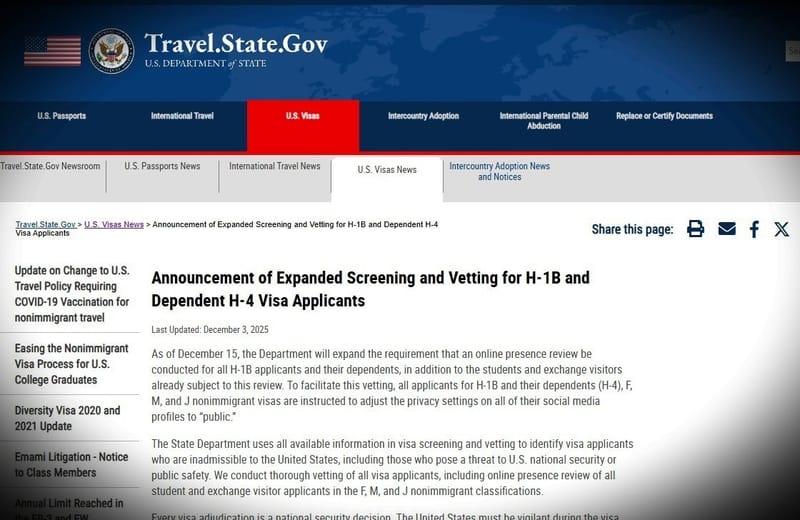Lyft H-1B Visa Data: Unpacking Tech Salaries Up to $300K for 2025
H-1B visa data offers crucial transparency into compensation for skilled tech roles at major companies like Lyft, empowering professionals and informing employers.
Subscribe to our newsletter and stay informed about latest H1B news, policy updates and and other developments.
Article Summary
The article details Lyft's growth and hiring needs, revealing that the company sought to hire 114 H-1B workers in the first three quarters of the current reporting year, an increase from the previous year. Based on US Department of Labor filings, salary ranges for H-1B sponsored roles at Lyft, including data science and software engineering positions, can reach up to $300,000 in base pay. These disclosures provide insight into compensation for various tech roles at the ride-hailing giant.
Original Article: businessinsider.com
[ Sentiment: neutral | Tone: factual ]
This summary and analysis were generated by TheNewsPublisher's editorial AI. This content is for informational purposes only; it does not constitute legal or immigration advice.
[ Sentiment: neutral | Tone: factual ]
This summary and analysis were generated by TheNewsPublisher's editorial AI. This content is for informational purposes only; it does not constitute legal or immigration advice.
TNP AI: Key Insights
This data provides crucial transparency for H-1B visa holders and prospective applicants, offering real-world salary benchmarks for tech roles at a prominent company like Lyft. For skilled professionals, understanding these compensation ranges is vital for career planning, negotiation, and assessing the competitiveness of the U.S. job market in highly sought-after fields.
For employers, the disclosed H-1B salary figures highlight the competitive compensation required to attract top-tier tech talent, particularly in specialized fields like data science and software engineering. The increase in Lyft's H-1B filings also signals continued demand for skilled foreign workers in the U.S. tech sector, despite broader economic uncertainties, reinforcing the economic impact of skilled immigration.




